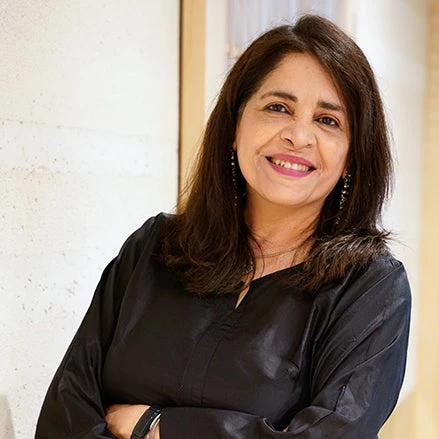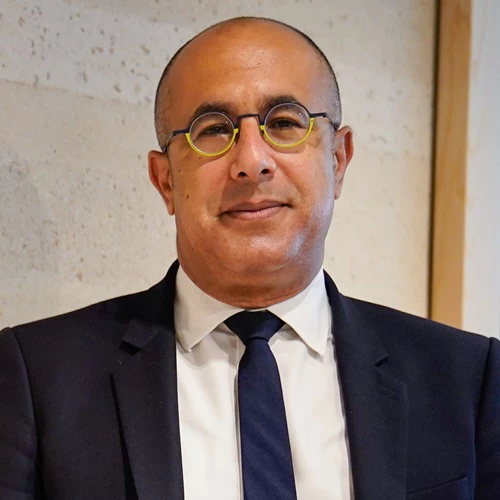 Two women carry clothing, produce, and water jugs in Bangladesh.
Two women carry clothing, produce, and water jugs in Bangladesh.
The idea of payments that are based on verifiable results is well accepted in both the public and private sectors. It has different nuances and nomenclatures, such as “pay for success” or “performance-based financing,” to name two. In international development, results-based financing (RBF) comprises a swathe of financing mechanisms that are contingent on results. Funds are released upon achievement of pre-defined results, after independent verification. The Paris Declaration on Aid Effectiveness, with its focus on results, gave the idea of results-based financing added boost and status, such that it is often considered the gold standard for aid effectiveness.
The Global Partnership for Results Based Approaches (GPRBA) is a World Bank program at the forefront of testing RBF approaches that combine transformational funding and technical assistance. GPRBA helps improve delivery of basic services in developing countries by promoting lasting, productive, and efficient development approaches. Supported by co-financing from the public and private sectors, this pioneering partnership provides aid to areas and people who need it most, prioritizing recipients based on socioeconomic status.
Here are a few examples from GPRBA’s diverse portfolio:
- A GBPRA project in Morocco leveraged investments of over $30 million to improve access to safe water supply and sanitation services among poor households on the outskirts of main cities. It was the first RBF project in North Africa and the Middle East, benefiting nearly 20,000 households.
- In Bangladesh, the Output-based Aid (OBA) Sanitation Microfinance Program made hygienic sanitation facilities more affordable for rural, low-income households through microfinance. Working with partners, the $22 million initiative helped build 170,000 hygienic latrines for 850,000 people.
- An innovative microfinance pilot in Kenya offered incentives for service providers in rural and peri-urban areas to rehabilitate and expand water and sanitation infrastructure. Since its inception, the venture had catalyzed $3.4 million in commercial loans for small piped-water systems, and mobilized equity investments of $1.2 million from the community.
- In Nepal, five municipal areas transformed their approaches to solid waste management (SWM). A $4.3 million GPRBA mechanism lowered the cost of improving SWM services and increased the revenue that cities can collect to offset SWM expenditures.
We invite you to watch this video to learn more about RBF:
- Subscribe to our Sustainable Cities and Communities newsletter
- Follow @WBG_Cities on Twitter





Join the Conversation